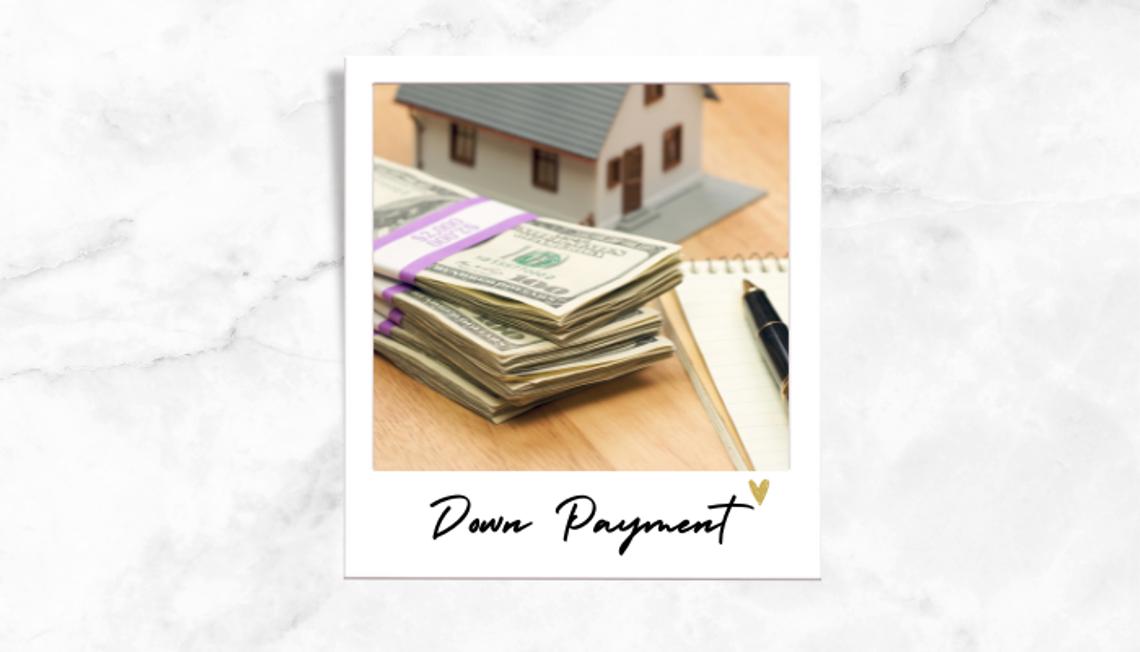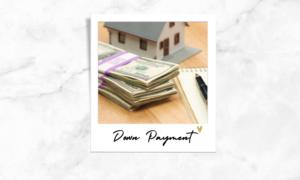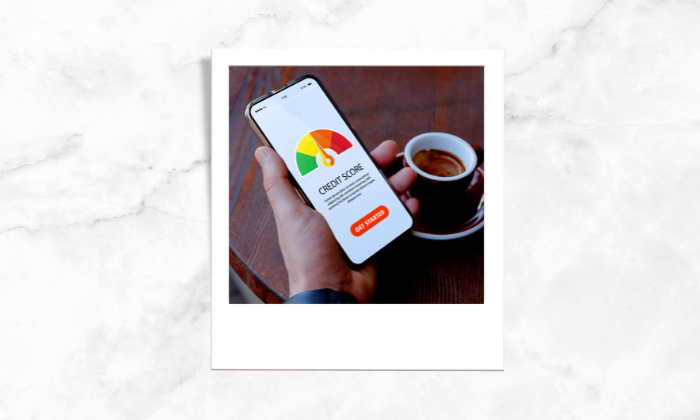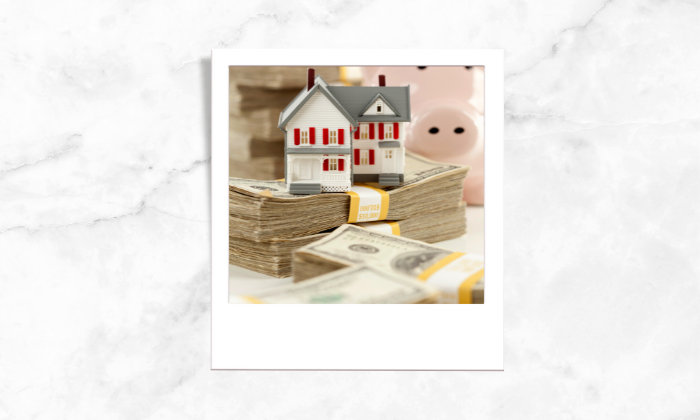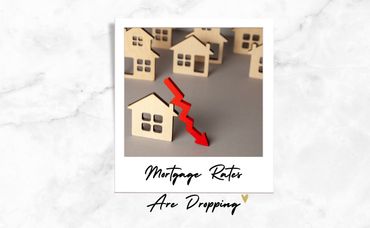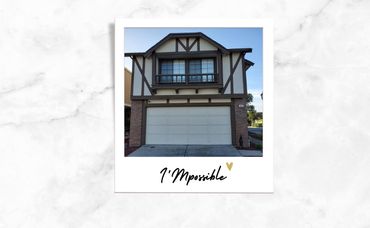
What is a down payment?
While in a real estate transaction the amount of cash, which is a percentage of the purchase price the buyer pays upfront is called the down payment.
Down payments are typically a percentage of the purchase price and can range from as little as 3% to as much as 20% for a property being used as a primary residence.
The required down payment is usually determined by the type of mortgage you choose, but your financial situation and the type of property you’re buying (whether it’s your primary residence or an investment property, for example) also factor in.
In addition to your down payment amount, your credit score, credit history, total debt, and annual income will influence how much of a loan you can qualify for.
Your down payment determines your rate of interest, thus the down payment you make aids in decreasing the amount of interest paid over the lifetime of the loan, lowering the monthly payments, and providing lenders with a degree of security.
The amount of down payment you make on your home impacts what kind of mortgage you qualify for, how much money a lender will give you, and the loan’s terms and conditions.
Benefits Of Making A Larger Down Payment
Your ability to save for a down payment shows Your readiness for the financial commitment of owning a home. How does a large down payment affect you:
· Lower mortgage rate: The lesser money you borrow as a percentage of the home’s purchase price, the lesser risk your loan poses to the mortgage lender. As a result, larger down payments tend to correlate with lower interest rates, being offered by lenders.
· More equity: The more you pay upfront from your pocket, the greater percentage of your home you own outright, and the more equity you have. That can be especially handy if you’re looking to finance a big renovation project or other purchase because you can tap your home equity through a cash-out refinance, home equity loan, or home equity line of credit to borrow money against the value of your home relatively inexpensively.
· Your actual purchase price is lesser: The more you pay upfront, the lesser amount you borrow. The lesser you borrow will make you spend lesser on your interest payment. Thus, when you add up each penny spent on the home you will be in a beneficial state since you paid less on interest which is also a cash flow added to your actual purchase price.
· Lower monthly payments: The lesser you borrow, the lower can be your interest rate. And you can expect lower monthly payments, giving you more cash flow for other financial goals and lifestyle needs.
· Cheaper closing costs: The fees you pay to your lender at closing are usually calculated as a percentage of your loan’s total value, so the less you borrow, the less you’ll owe them at closing.
· More competitive offer: If you get into a seller’s market and compete with several other buyers, a larger down payment at the time of purchase will give you an edge to keep your offer more competitive than the others. By showing that you can afford to put more down, you might give the seller more confidence that your loan will close.
